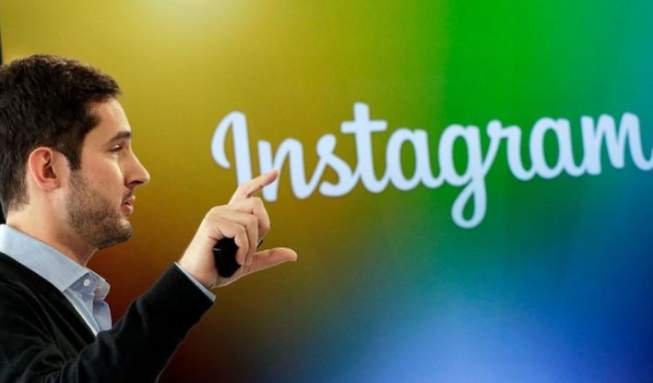Kevin Systrom, co-founder and CEO of Instagram, is not your typical Silicon Valley CEO.
In light of the Cambridge Analytica incident, social media companies have come under fire for their inefficacy in recognizing, empathizing, and/or rectifying how their products and services impact communities, countries, and the world.
Systrom, instead, has been adamant about building a company based on values. Instagram, he says, was always supposed to be a positive place for expression. Kindness cultivates authentic expression. And over the last eight years, Systrom has prioritized it, arguably becoming Silicon Valley’s king of kindness.
With the recent announcement of Kevin Systrom’s departure, many now worry the values-based operating system of the company will erode right along with it.

Laying The Foundation
A values-based strategy has always been key to how Systrom has approached his life.
Many (most?) people can get caught up in money-worship, but Systrom never took the bait. In an interview with Bloomberg TV anchor Emily Chang, he noted:
“Money matters in the sense that it puts a roof above your head and it feeds you and your family. But beyond that, what matters most is your impact in the world, your relationships with people, your family, your friends. I think what you realize is a lot of people work their entire lives to make more money and it’s a fruitless voyage. When really what you should be aimed at is what’s your impact in the world.”
But let’s go back to the beginning.
Kevin Systrom describes himself as having been a somewhat nerdy kid and when he was younger, he says, he always had a camera in hand. He loved photography and art; so much so that at one point he thought he would become an art restorer. Programming, for Systrom, was only on his radar insofar as it allowed him to create “add-ons” to the video games he played.
At 18, he went off to college at Stanford University. Several years in, he was offered a full-time job at Facebook requiring him to leave school. He turned it down. He cites his then-girlfriend-now-wife as a primary reason for staying. Plus, he said, he liked what he was learning and wanted to graduate. Despite his decision to stay, he kept in touch with Mark Zuckerberg. He decided instead to intern at Odeo, Twitter’s ancestor. The opportunity gave him a chance to interact and learn with the likes of Ev Williams and Jack Dorsey.
In 2006, after graduating, he went to work for Google, a fairly traditional, risk-free job. But three years at Silicon Valley’s version of a corporation was enough to convince him to try something new. “I always had this itch….I wanted to get back in the social space,” he told Fortune magazine.
He moved to Nextstop, a small company focused on location recommendation. In his spare time, him and a college friend, Mike Krieger, began toying with an idea they dubbed, “Burbn,” a location-based app that allowed users to make plans, similar in spirit to Foursquare.
Over the course of this period, maybe even without realizing it at the time, Systrom had accrued a network of well-connected people in the space. It was the people he met at Google and Odeo who introduced him to investors.
Posted using Partiko Android
Hi! I am a robot. I just upvoted you! I found similar content that readers might be interested in:
https://www.forbes.com/sites/stephaniedenning/2018/09/30/the-king-of-kindness-how-founder-kevin-systroms-exit-will-impact-instagram/